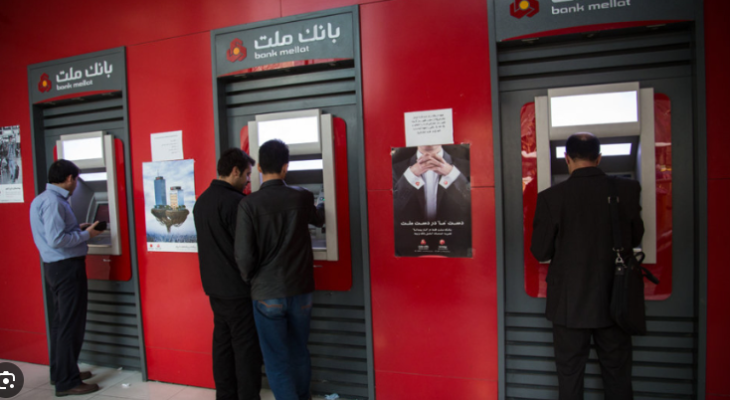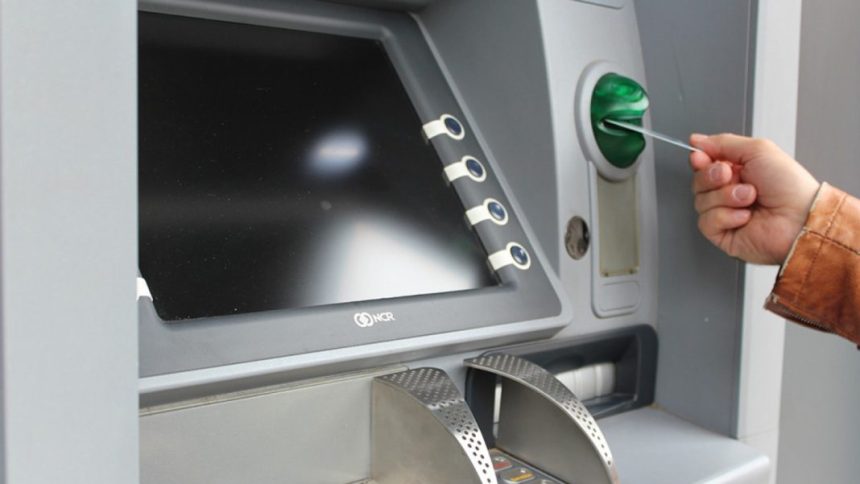Iranian Bank Cards Now Usable in Russia as Both Nations Seek to Strengthen Financial Ties Amid Sanctions
In a significant step toward economic collaboration, Iranian bank cards can now be used in Russia, Iranian state television channel IRINN reported on Monday. This development, facilitated by connecting Iran’s banking network, Shetab, to Russia’s Mir system, marks a new phase in the growing partnership between Tehran and Moscow, two nations grappling with extensive international sanctions.
Since 2018, Iran has been excluded from the SWIFT global financial messaging system, limiting the country’s access to most international transactions. The restrictions followed the U.S. withdrawal from the 2015 nuclear agreement and the reimposition of stringent sanctions on Iran.
Similarly, Russia has faced increasing sanctions from Western countries since the invasion of Ukraine in early 2022, further driving the two countries to strengthen their ties as they seek alternatives to traditional global financial systems.
IRINN highlighted that Iranian bank cardholders can now withdraw cash from ATMs in Russia. In the near future, they will also be able to make purchases directly in Russian stores, increasing convenience for Iranian visitors and potentially boosting tourism and trade.
The report emphasized that Iran is looking to implement this banking integration in other countries with significant financial and social links to Iran, including Iraq, Afghanistan, and Turkey.

The cooperation is mutually beneficial, with future plans allowing Russian cardholders to use their Mir-linked cards within Iran, though no specific timeline for this has been announced. This move is part of a broader effort by both countries to develop independent financial networks that bypass SWIFT and provide alternative payment methods for citizens and businesses.
The groundwork for this initiative was set earlier this year when Tehran and Moscow signed an agreement to expand cooperation in the banking sector.
READ ALSO: FA Launches Investigation into Referee David Coote Following PGMOL Suspension
This alliance is part of a broader push by Russia, which has been advocating for an international payment platform to rival SWIFT since key Russian banks were also cut off from the system. Both nations see such initiatives as essential to maintaining economic stability and securing financial autonomy.
Iranian and Russian officials hope that by integrating their banking networks, they can boost bilateral trade, support mutual investment, and create resilient infrastructure that counters Western sanctions. The initiative also reflects a broader trend of developing alternative global systems and networks as certain countries seek independence from Western-dominated institutions.
Iran and Russia’s alignment is not limited to banking; the relationship has intensified on several fronts since the sanctions began, particularly as both nations find themselves increasingly isolated from Western economies. However, this alignment has drawn criticism from Western countries.
Since the Ukraine conflict began, Iran has been accused by Kyiv and its allies of supplying Russia with military equipment, including drones and missiles—allegations that Iran has consistently denied.
As this banking integration unfolds, it represents one of the most practical steps taken by Iran and Russia to offset the limitations imposed by sanctions.

By creating accessible financial channels, the two countries are building a framework for deeper economic resilience and cooperation, which may pave the way for similar strategies among other sanctioned nations.
The Iranian-Russian financial link is not just a short-term solution; it represents a gradual but deliberate shift toward a world where new, alternative systems challenge the traditional dominance of Western financial institutions.
While it remains to be seen how broadly this network will expand, Iran’s Shetab and Russia’s Mir system integration marks a defining moment in the evolving economic landscape shaped by geopolitics and sanctions.

